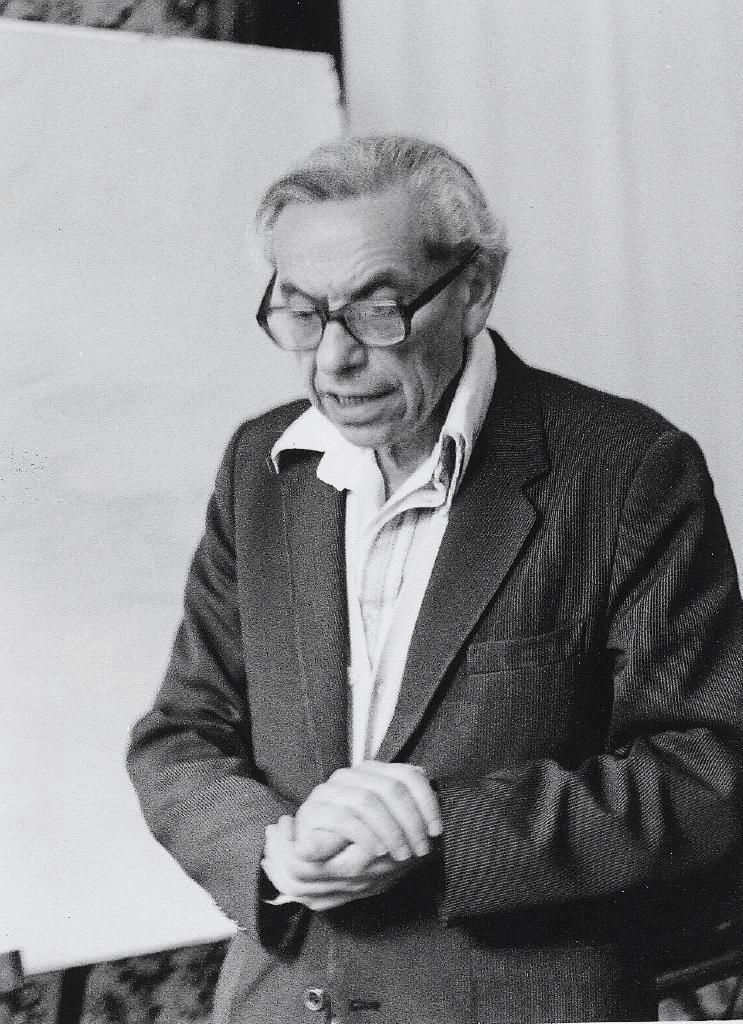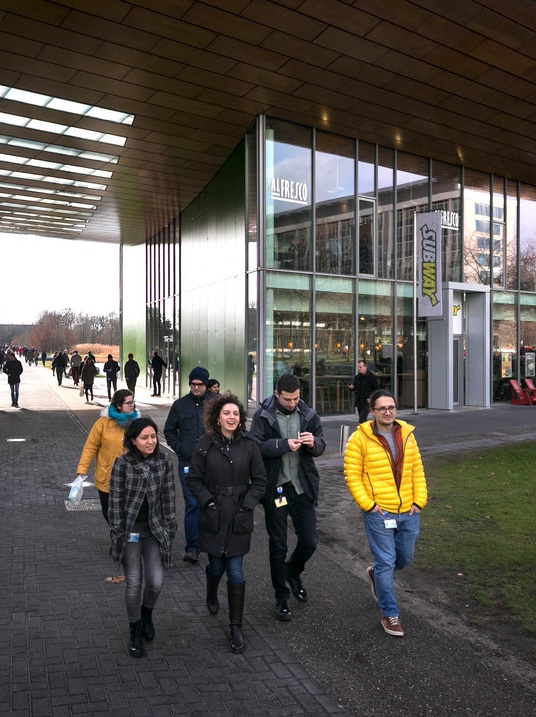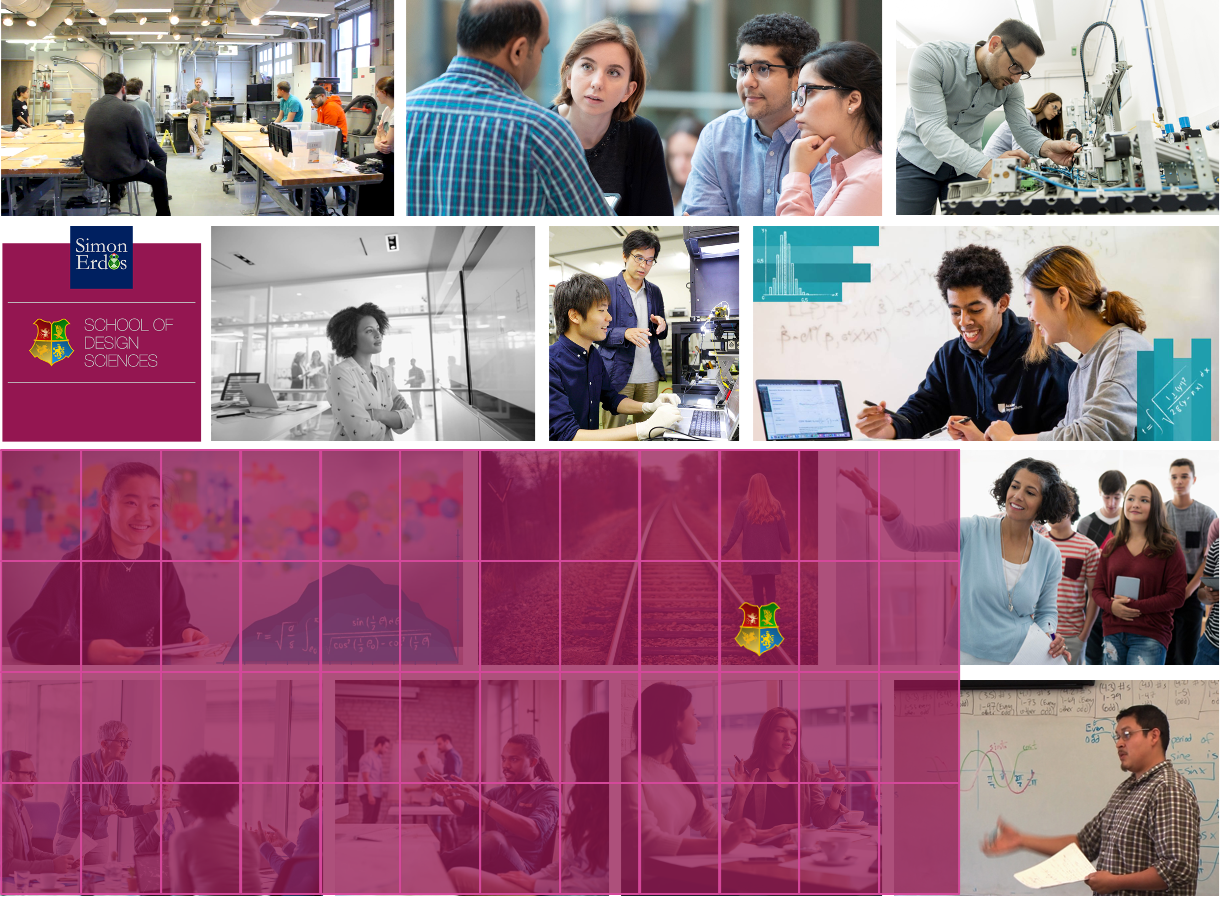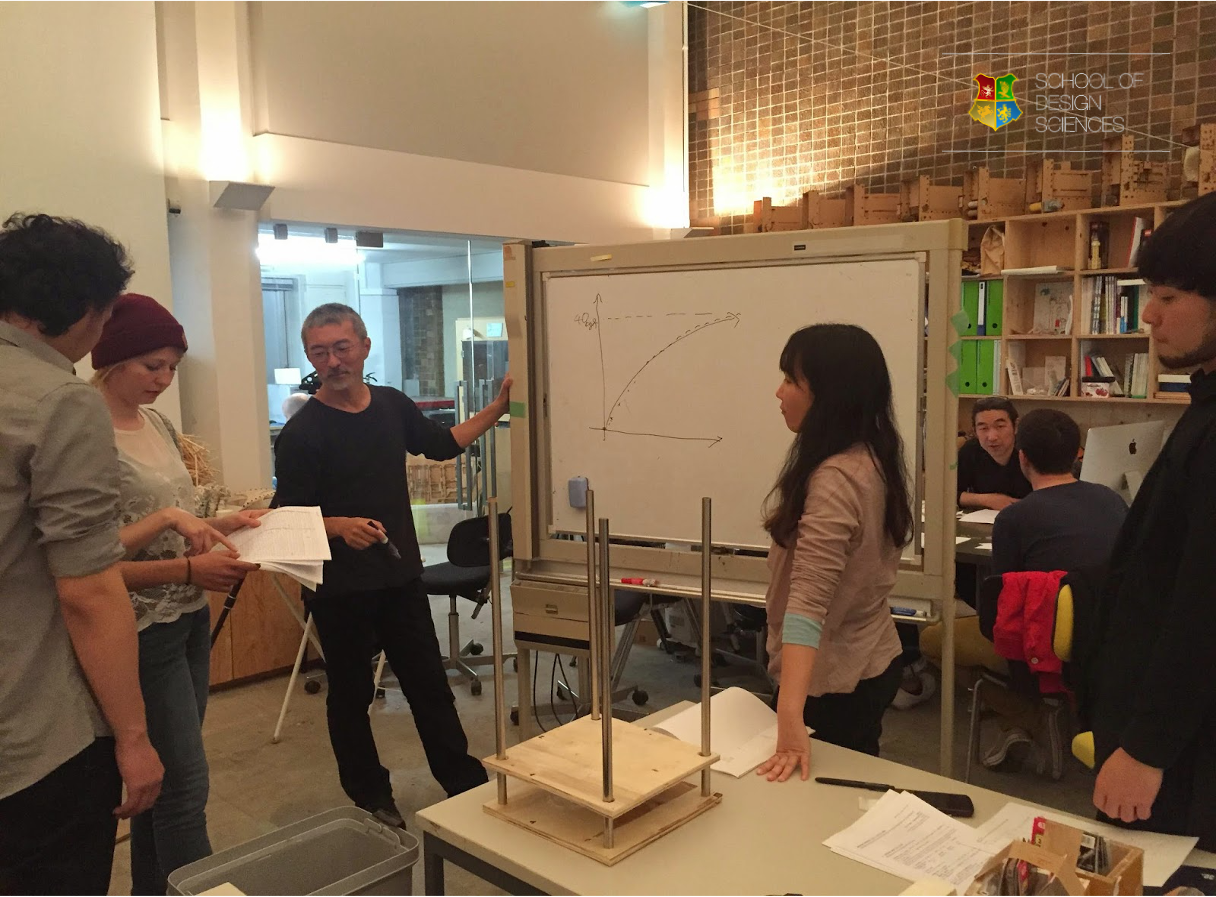
Founders and Leaders
Governance and Policies
Research Insights
Find Simon-Erdős School of Design Sciences research, innovations and insights
Herbert Simon, a Nobel laureate in Economic Sciences and the Turing Award winner in computer science, introduced and institutionalized the concept of “design sciences”.
Dr. Simon combined different scientific disciplines, engineering and considered new factors in economic and decision theories. He established economic designs leaders and entrepreneurs held that when making choices all people deviate from the strictly rational, and described companies as adaptable systems, with physical, personal, and social components. He stated, “design, so construed, is core of all profession, it is the principal mark that distinguishes from profession from the sciences. Through these perspectives, he was able to write about decision-making processes in modern society in an entirely new way.
“As professional schools, including the independent engineering schools, are more and more absorbed into the general culture of the university, they hankered after academic respectability…. Why would anyone in a university stoop to teach or learn about designing machines or planning (financial) market strategies when he could concern himself with solid-state physics?,” as founded in ‘The Sciences of The Artificial’


Pál Erdős, one of the most prolific mathematicians and producers of mathematical conjectures of the 20th century, who posed and solved thorny problems in number theory and founded the field of discrete mathematics, which is the foundation of computer science.
Instead of hoarding his ideas, Dr. Erdős shared them with all comers. Indeed, as many as half a dozen mathematicians would sometimes gather to wrestle with Erdős’ provocative notions about integers, whole numbers and primes–furiously scribbling complex proofs as the old man flitted among them, imparting astonishingly acute insights in wholesale lots. And, Erdős–Rényi model refers to models for generating random graphs or the evolution of a random network, which later became the foundation of Network Science. Dr. Erdos, like many mathematicians, believed that mathematical truths are discovered, not invented.
In over six decades of furious activity, he wrote fundamental papers on number theory, real analysis, geometry, probability theory, complex analysis, approximation theory, set theory and combinatorics and personally stimulated mathematicians the world over. He showed that simply stated problems often lead to exciting phenomena, and left behind hundreds of exciting problems whose solutions will influence combinatorics for years to come.
Dr. Ernst Straus, who worked with both Albert Einstein and Dr. Erdős, wrote a tribute to Dr. Erdős shortly before his own death in 1983. He said of Dr. Erdős: ”In our century, in which mathematics is so strongly dominated by ‘theory doctors,’ he has remained the prince of problem solvers and the absolute monarch of problem posers.” Other mathematicians simply solved problems; Erdős solved problems and pushed at least four generations to dig deeper into the mysterious nature of numbers
In a way, mathematics is the only infinite human activity. It is conceivable that humanity could eventually learn everything in physics or biology. But humanity certainly won’t ever be able to find out everything in mathematics, because the subject is infinite. Numbers themselves are infinite. That’s why mathematics is really my only interest
- Invite industry-driven inter-disciplinary research initiatives that brings together diverse areas of interest and inquiry culture
- Attract, develop and retain aspiring scientific-creative minds to work together on real-world initiatives across disciplines
- Inspire researchers go on to purposeful and meaningful careers to bring their unique skills and insights to industry; or to become independent business owners, designers, inventors, artists and advisors
- frequently grow and evolve too: as collaborating companies, as exhibiters and as tech transfer to member customers and others, both within and with corporations around the globe




